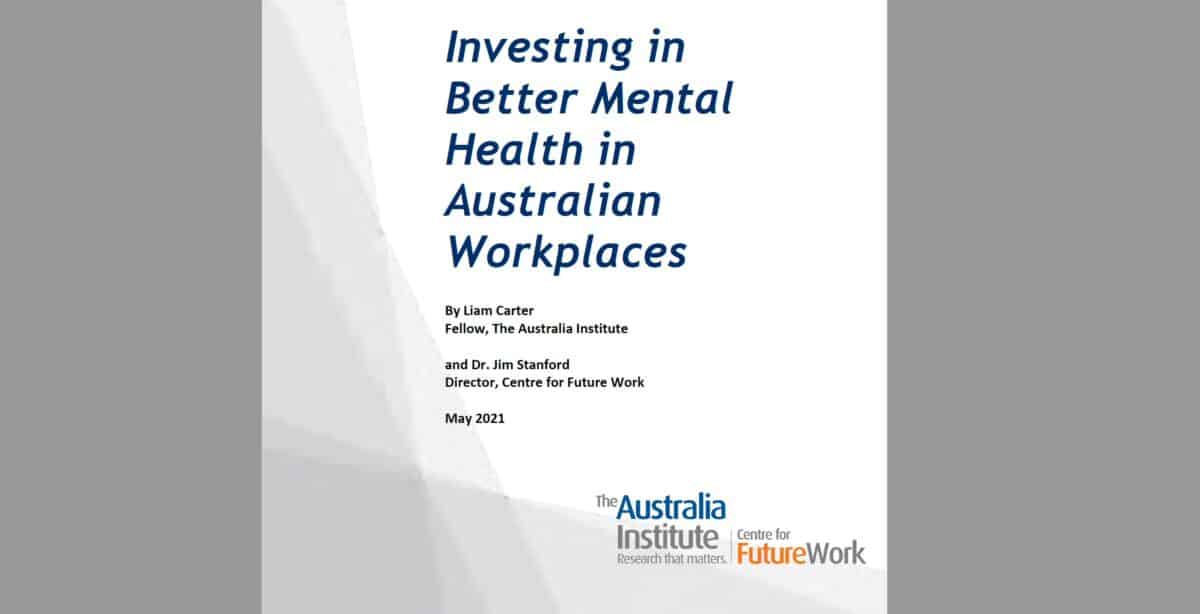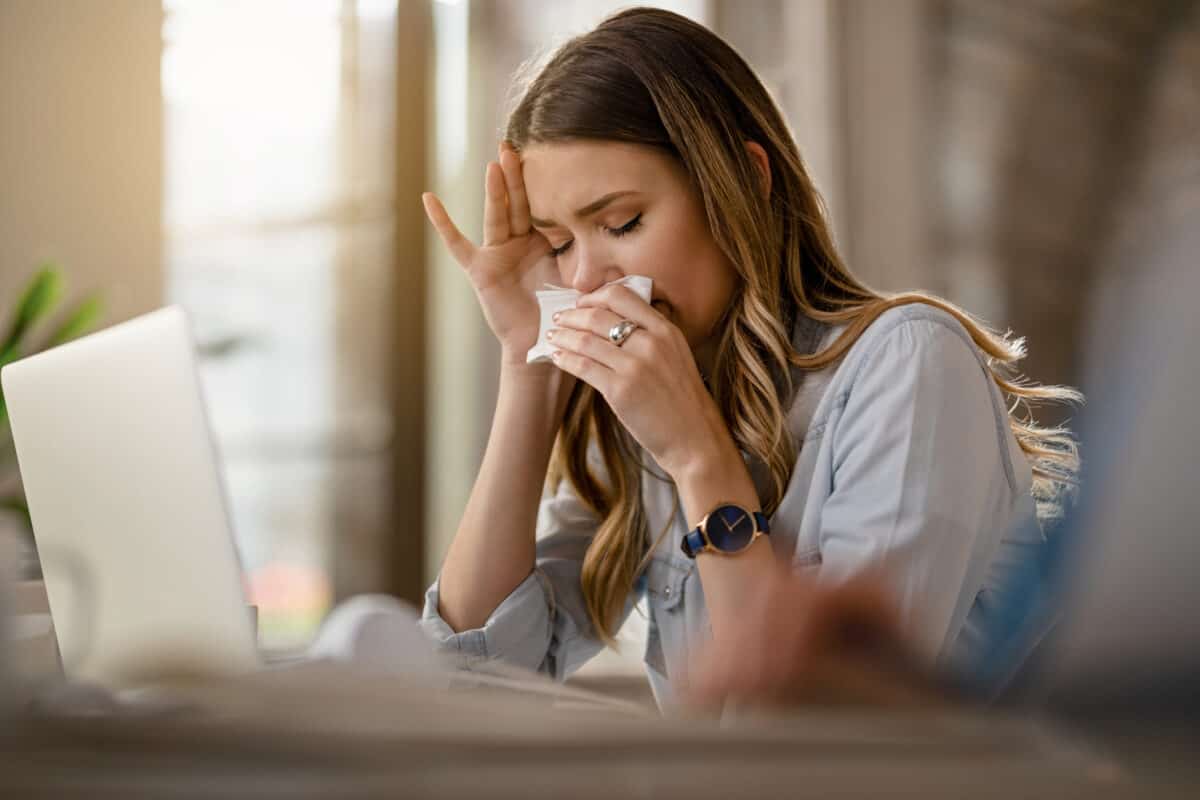Legal interpretations dominate occupational health and safety (OHS). Understandably, if OHS is only determined by laws, but if the safety of workers is a moral imperative to you, the law is less significant. This latter perspective is rarely voiced, and one of the most important elements of OHS law is compliance “as far as is reasonably practicable” (ASFAIRP). ASFAIRP makes business sense but not necessarily safety sense, especially when one is dealing with the recent phenomenon of work-related mental health.
Some of the most powerful discussions on ASFAIRP and its place in providing safe and healthy workplaces occurred over a decade ago. However, the issue still resonates, and its perspective deserves continuous consideration.






